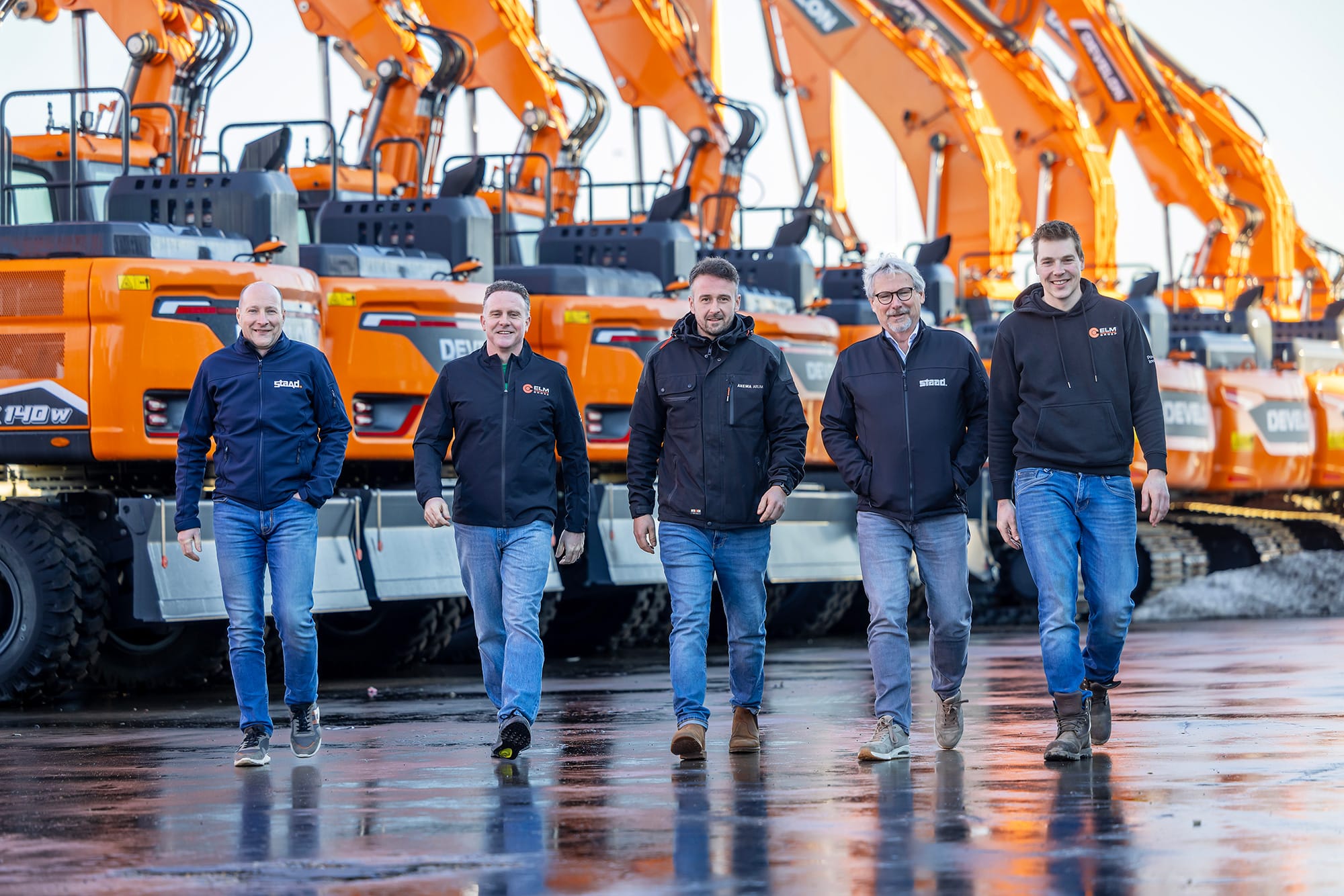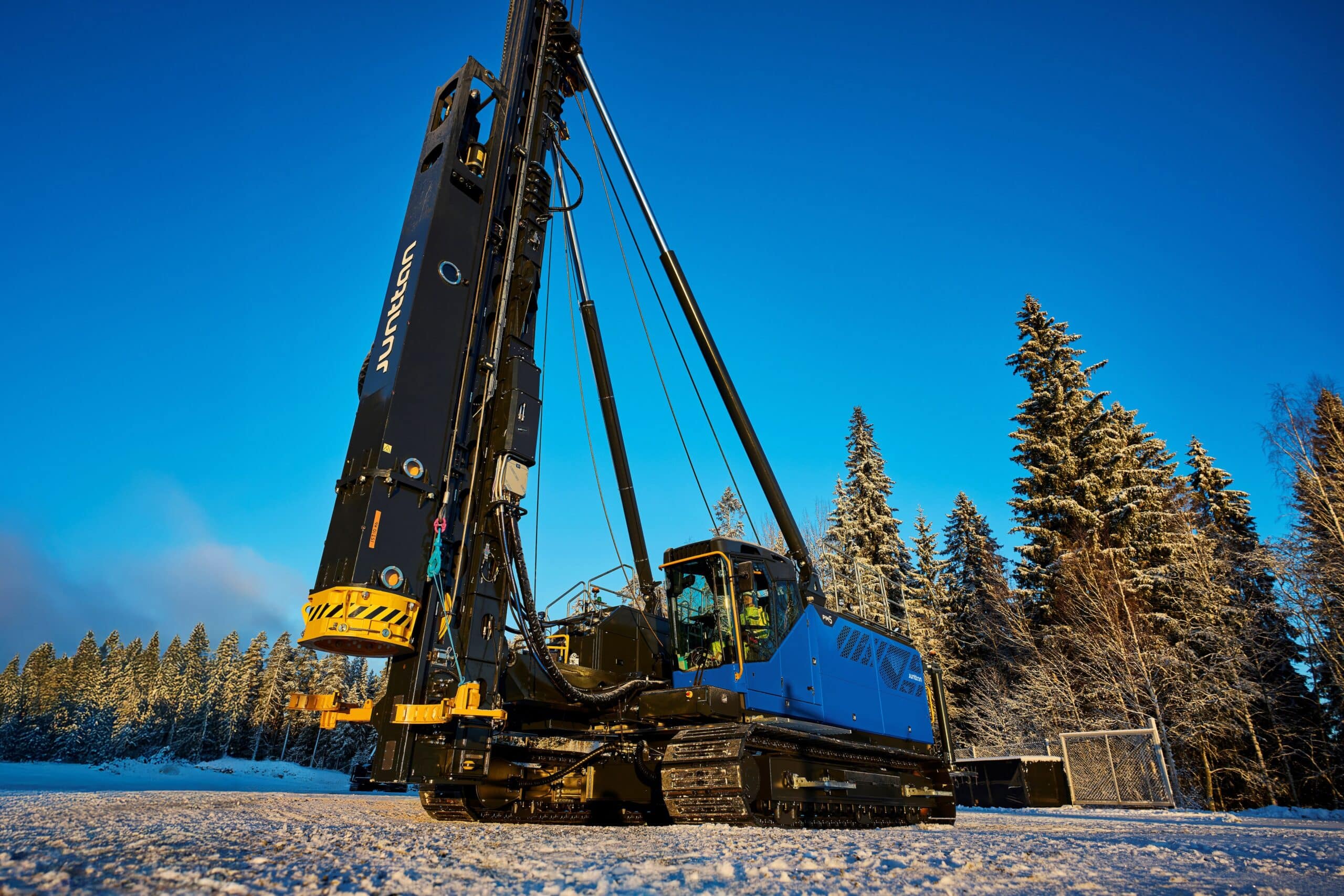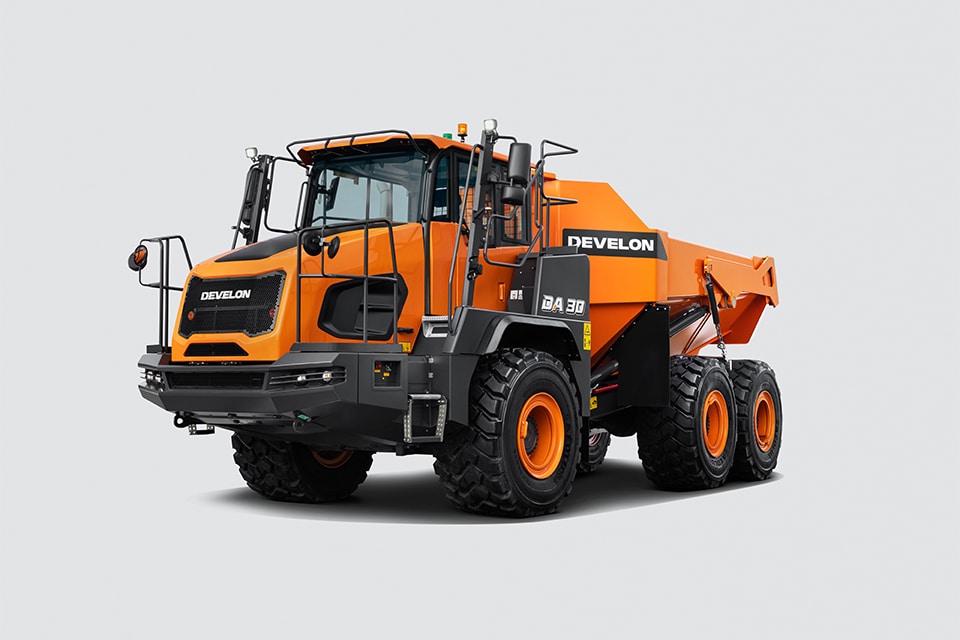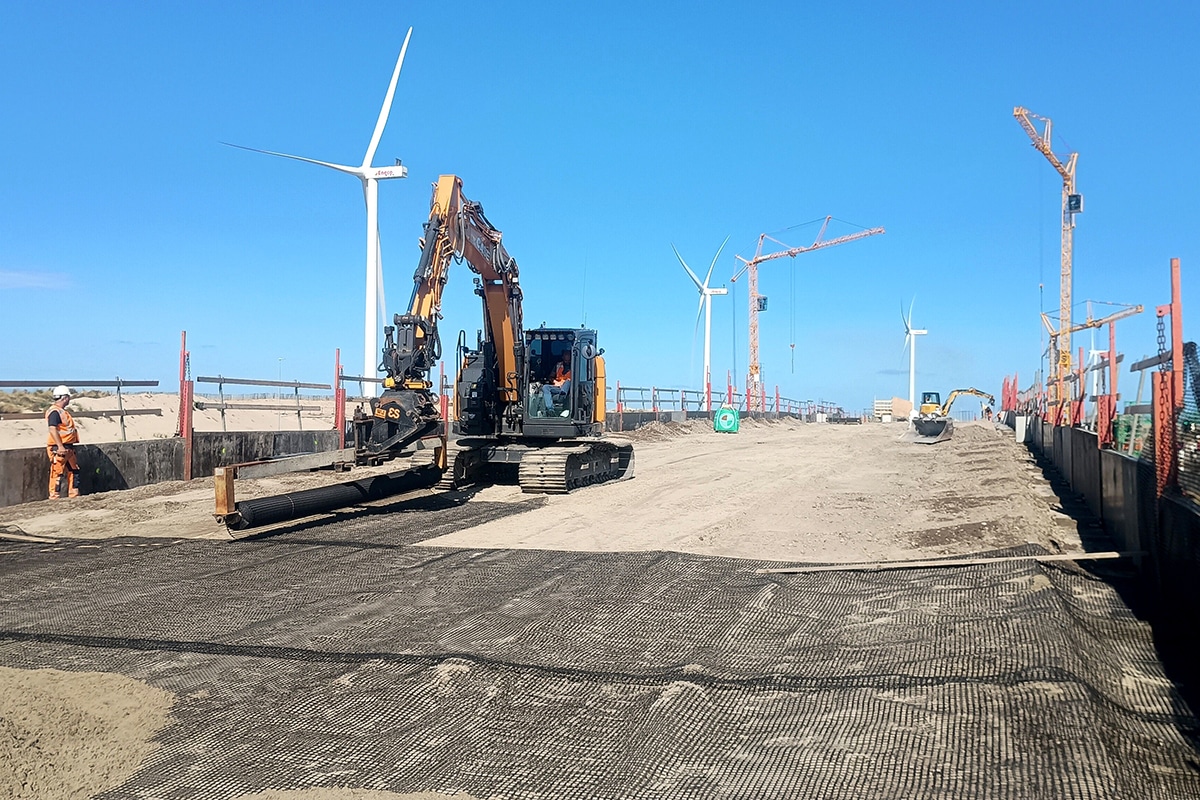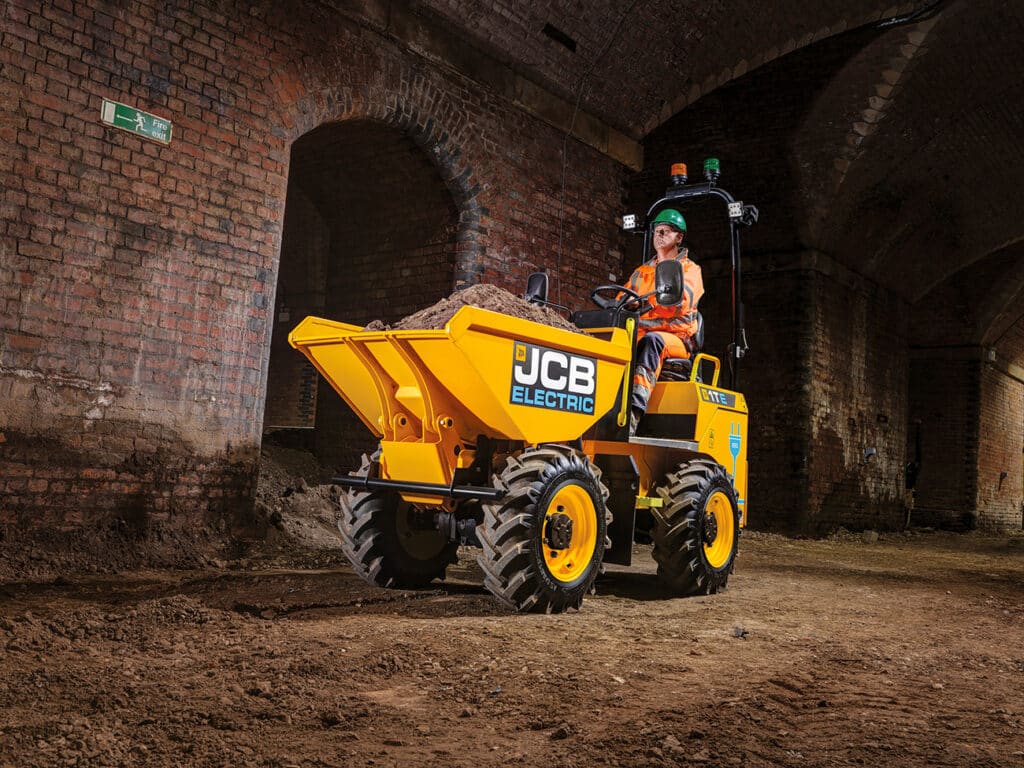
Run an entire day on one battery charge? JCB makes it possible
'Market for electric equipment growing fast'
With a full battery, JCB's mini excavators run for 5.5 hours. But because idling hardly costs any energy, you can easily complete an 8-hour workday with them, says product specialist Gregor Grootjans of the British brand. "Moreover, the current generation of electric machines is more powerful than the diesel variant."
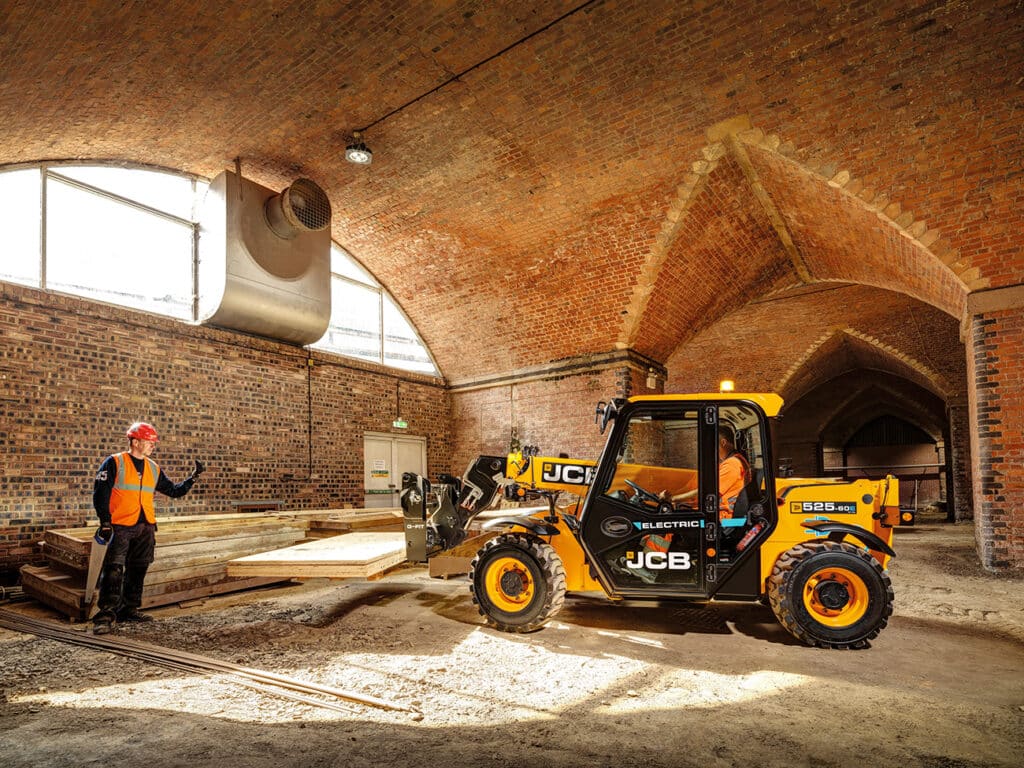
JCB is investing heavily in making its entire product range emission-free. At least, the machines up to 5 tons dead weight. For the heaviest equipment, the English are currently developing their own hydrogen engine. "Very occasionally an electric excavator is sold, because the Netherlands likes to be ahead, but that is not yet ideal," says Grootjans. "After 4.5 to 5.5 hours such a machine has to go on the charger. And in most places where such machines run there is no electricity available. So then you have to bring a heavy battery pack to such a location. One wonders how sustainable that is. In addition, the price for electrifying such a machine also plays a big role."
For JCB's smaller machines and telehandlers, the electric market is growing fast, Grootjans notes. "Certainly in the Randstad, emission-free working is increasingly prescribed. Also in riding stables, for example, people are currently switching over to working electrically. In those places it can also be done easily, since those smaller machines do not have to run as long in a day." Then the 5.5 hours that can be worked with a full battery turns out to be more than sufficient in most cases, JCB can see with its own telematics system (JCB LiveLink). Grootjans: "Most mini excavators idle 35 to 40 percent of the time. A diesel engine still consumes fuel then, but an electrically powered machine does not. At the end of the working day on the charger will do. Or during the lunch break just plugged in."
Despite the advance of emission-free work, Grootjans does not expect all construction equipment to be electric in the future. "The power grid can't handle that either. For that reason, JCB is putting a lot of time and money into developing its own hydrogen engine. That technology is much less complicated than fuel cell technology. Moreover, the machines do not have to be modified for it. We will soon simply replace the diesel engine for a hydrogen version."
